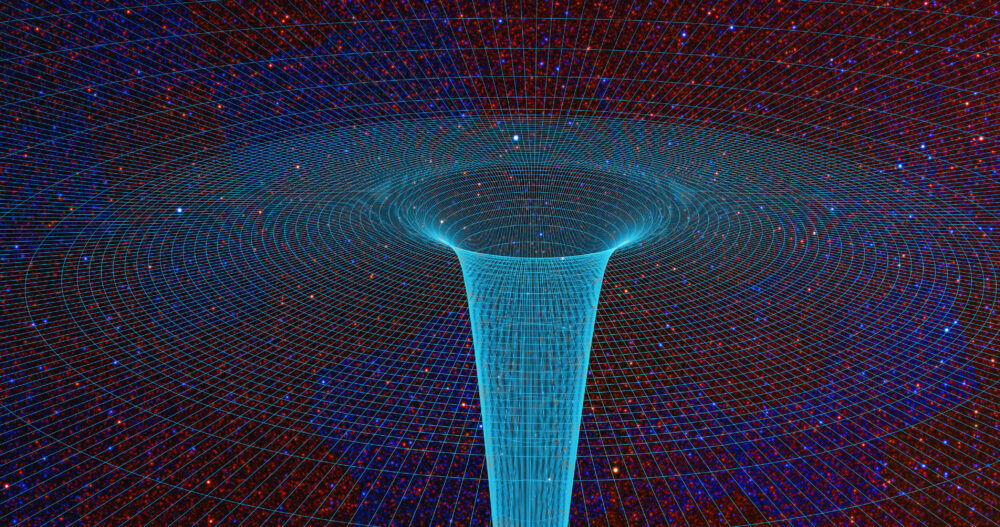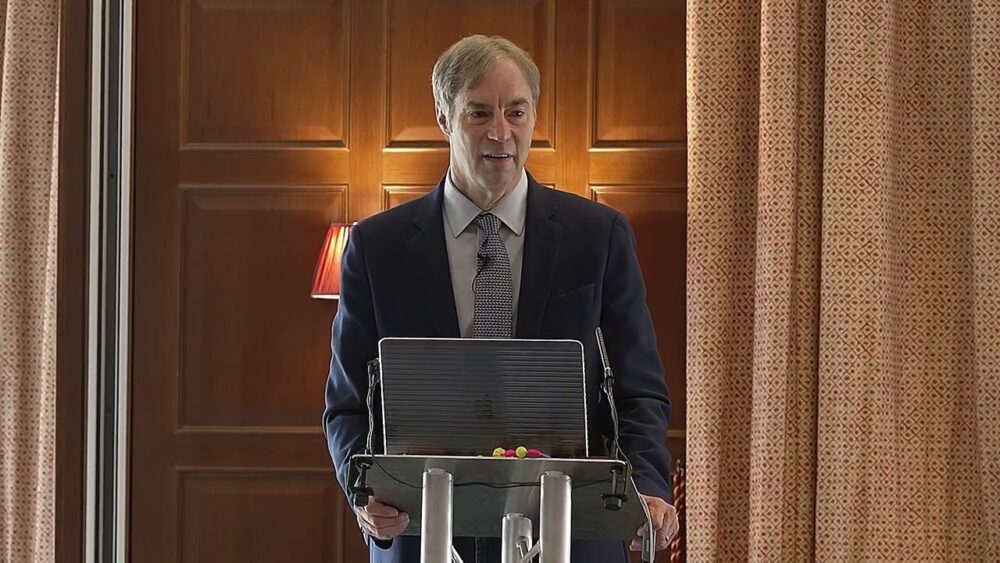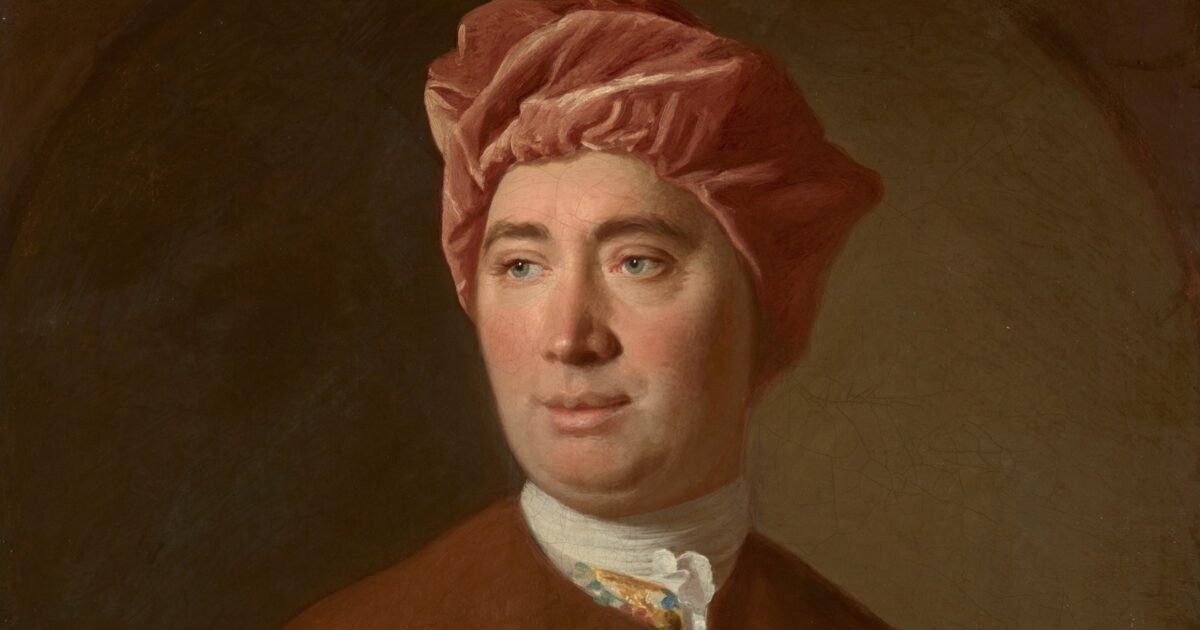
Center for Science and Culture
We are the institutional hub for scientists, educators, and inquiring minds who think that nature supplies compelling evidence of intelligent design. We support research, sponsor educational programs, defend free speech, and produce articles, books, and multimedia content. Read More …
News

Fossil Friday: Nakridletia — The Rise and Fall (and Possible Resurrection) of a Fossil Insect Order
- December 20, 2024
- 5
- Paleontology
Life and Origami: Lessons from the Art of Paper-Folding
- December 19, 2024
- 6
- Intelligent Design
Evolutionary Flimflam: Watch Out for These Common Parlor Tricks in Science Reporting
- December 19, 2024
- 9
- Evolution
Learning to Love Industrial Farming
- December 18, 2024
- 5
- Culture & Ethics
Stephen Meyer: Intelligent Design’s Year in Review
- December 18, 2024
- 1
- Intelligent Design
Video
The Deniable Darwin: David Berlinski and Stephen Meyer in Cambridge, UK.
- December 9, 2024
- Intelligent Design
The Robot Repairmen Inside You (Secrets of the Cell, Ep. 9)
- October 11, 2024
- Intelligent Design
Science Professor Canceled by Atheists Because He Exposed Students to Evidence of Intelligent Design
- October 7, 2024
- Intelligent Design
Human Zoos: Socrates in the Studio with Dr. John West
- August 6, 2024
- Intelligent Design
ID the Future
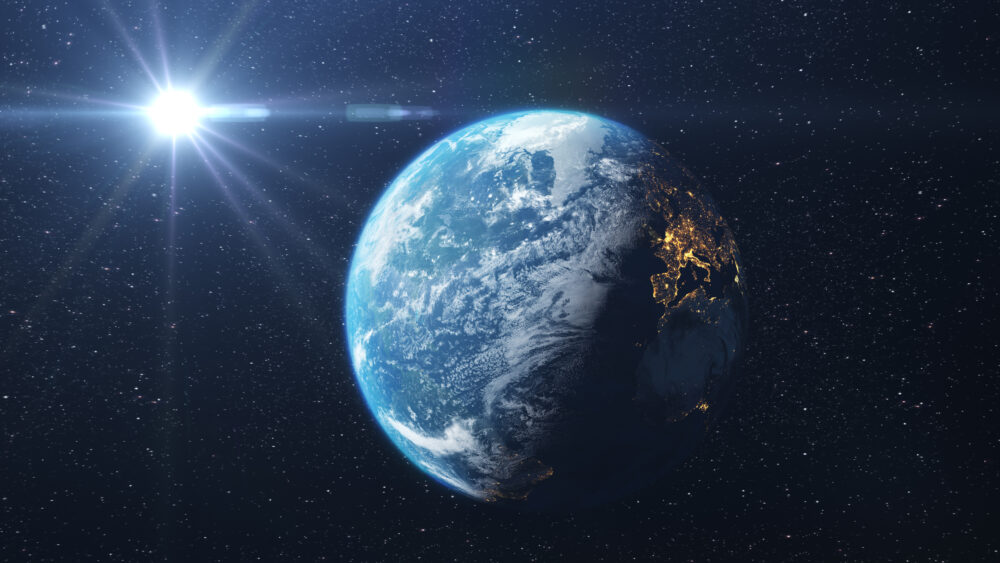
Physicist Eric Hedin: Information, Entropy, First Life
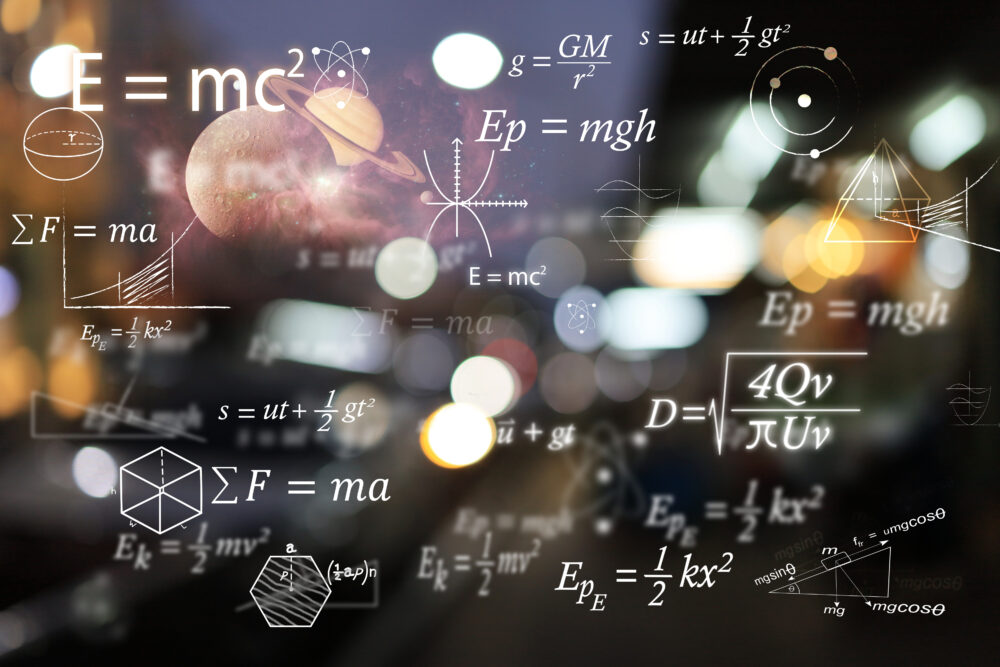
Stephen Meyer: Do Miracles Violate the Laws of Physics?
